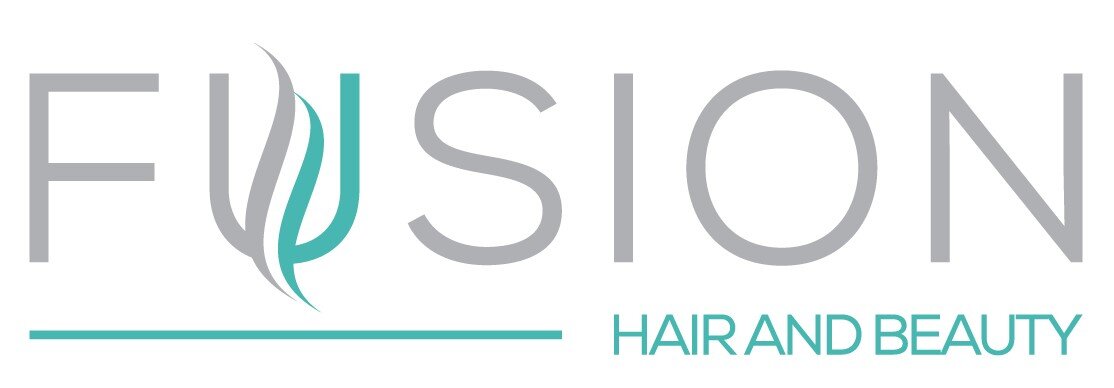Say NO! to Relaxers - Prioritising Scalp and Hair Health
At our salon, we take a firm stance against the use of damaging hair relaxers. Our ethos is to promote healthy, natural hair - and relaxers simply don't align with that mission. We love to encourage our clients to embrace their natural texture and work with us to achieve their hair goals through gentle, nourishing treatments alongside protective styles. Our stylists are experts in helping clients transition away from relaxers and discover the beauty of their natural hair.
Why we say NO! to Relaxers?
Hair relaxers work by breaking down the hair's natural bonds, causing significant damage to the scalp and hair. They can lead to burns, irritation, and even permanent hair loss. Once you start using relaxers, you're often left with no choice but to do a big chop to get rid of the damaged hair.
Hair relaxers can have a damaging impact on hair health. The harsh chemicals in these products can lead to dryness, breakage, and burns on the scalp. Relaxers make the hair strands more fragile and prone to damage over time. This can result in significant dryness and increased breakage, especially at the ends of the hair.
Regular use of hair relaxers has been associated with a type of alopecia known as central centrifugal cicatricial alopecia (CCCA). This condition causes gradual hair loss, starting from the crown of the head and spreading outwards. The scarring and inflammation caused by relaxers can permanently damage the hair follicles, leading to irreversible hair loss.
What are the main effects of using Relaxers?
Dryness and Breakage
One of the main concerns with hair relaxers is their ability to strip the natural oils from the hair, leading to excessive dryness and brittleness. This can result in increased breakage, making it difficult to maintain healthy, strong hair.
Burns and Scalp Irritation
The harsh chemicals found in hair relaxers can also cause severe burns and scalp irritation, especially if the application is not done properly or if the product is left on for too long. This can lead to pain, inflammation, and even permanent damage to the scalp.
Alopecia and Hair Loss
In some cases, the use of hair relaxers has been linked to alopecia, a condition characterized by patchy hair loss. This can occur due to the damage to the hair follicles over time, ultimately leading to thinning or even complete hair loss.
Transitioning from Relaxed Hair: A Guide to the Big Chop
If you're considering transitioning from relaxed to natural hair, the process can feel daunting. However, with the right information and approach, you can make the switch successfully. One of the key steps is the "big chop" – this means to cut off your relaxed ends.
Deep conditioning treatments can help nourish and strengthen your natural hair as it begins to grow out. Protein treatments can also be beneficial, adding structure and reducing breakage.
The timing of the big chop is a personal decision, whilst many find it helpful to wait until a significant amount of new growth has come in, to achieve the best results in restoring your hair to good health it is advised to chop off all the relaxed hair from the time you decide to transition.
Remember, the big chop is not the end! It is the beginning of embracing your natural texture and giving your hair the health it needs and deserves!
Hairstyles to Help the Process
During the transition phase, it's important to choose hairstyles that will protect your hair and minimise stress on the new growth. Protective styles such as braids and twists can be excellent options, as they allow the natural hair to grow while the relaxed ends gradually grow out.
Treatments for Healthy Transition
Maintaining the health of your hair is crucial during the transition. Regular deep conditioning treatments (every 6 weeks) co-washing, and the use of nourishing oils can help strengthen the new growth and prevent breakage. It's also important to be gentle with your hair and avoid excessive heat styling.
Trust the process! By following these tips, you can successfully navigate the transition from relaxed to natural hair, embracing your unique texture and achieving healthy, beautiful natural hair.
